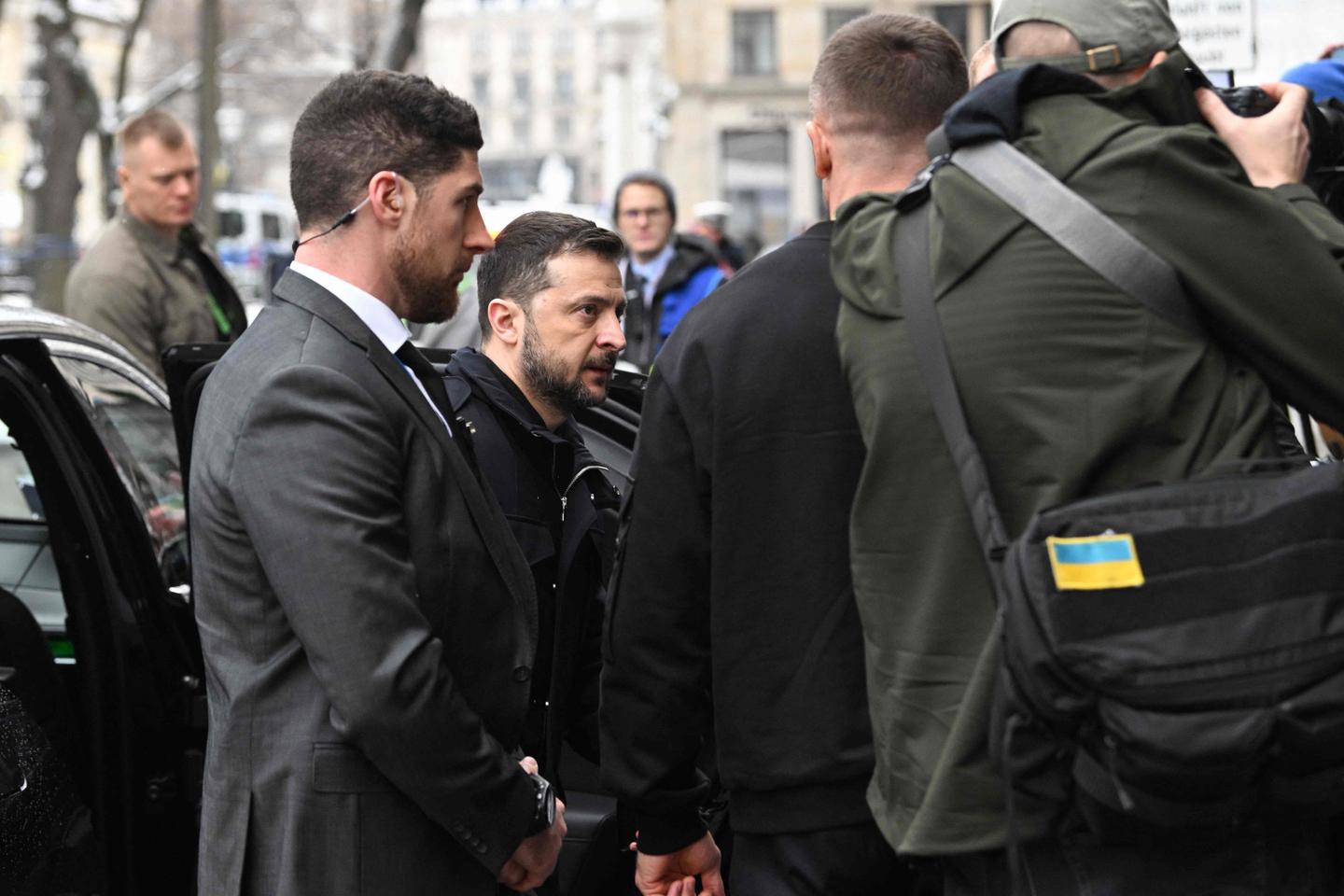


Russia regularly occupies a prominent place at the Munich Security Conference. In 2007, Russian President Vladimir Putin set out his vision of the world and his foreign and security policy with cool determination. It came as a great shock to those unfamiliar with Russia. He then methodically rolled out his program, culminating in the invasion of Ukraine on February 24, 2022. In historical terms, the 2025 edition lived up to its billing. US President Donald Trump had set out to resolve the Ukrainian conflict quickly, and his vice president's speech was eagerly awaited. On Friday, February 14, however, JD Vance barely mentioned the crisis, opting to inflict a democracy lesson on Europe's leaders.
With the shock effect over, we need to focus on the operational side of the negotiation equation. First of all, we need to take stock of Russia's demands, based on objectives that Moscow has been putting forward since the start of the war. They can be divided into three groups. First, there's territorial issues: acceptance of a ceasefire presupposes withdrawal of Ukrainian troops from the Donetsk, Luhansk, Kherson and Zaporizhzhia regions within their administrative boundaries, in other words a Ukrainian withdrawal from areas over which Russia has, in some cases, never had control, like Zaporizhzhia. An agreement would then require recognition of the "new territorial realities" – in other words, Crimea and Sevastopol and the previously annexed regions of Donetsk, Luhansk, Kherson and Zaporizhzhia belonging to the Russian Federation.
Then, there's a group of security objectives: Ukraine's "demilitarization" means renouncing its membership of NATO, and accepting a neutral, non-aligned, non-nuclear status. Finally, we have political aims: "denazification" means refusing to negotiate with President Zelensky, whose legitimacy has been denied by Moscow since the official end of his mandate in May 2024. Respect for the rights, freedoms and "interests" of Russian speakers in Ukraine is also mentioned.
You have 66.06% of this article left to read. The rest is for subscribers only.
